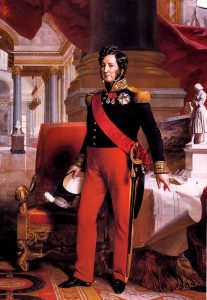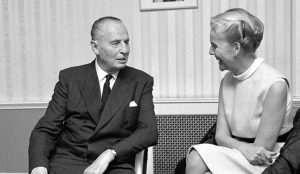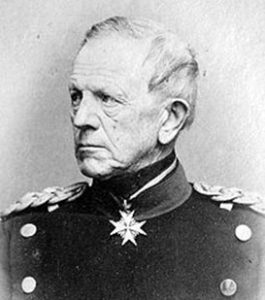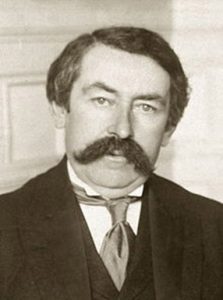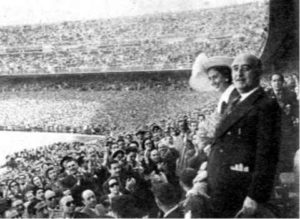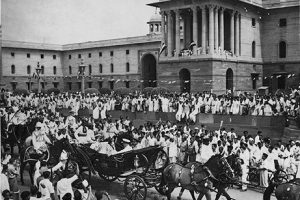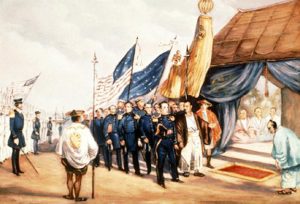Louis Philippe, King of the French
He was a descendant of Louis XIII (the king in The Three Musketeers), and the eldest son of the Duke of Orléans. Both father and son openly supported the French Revolution, and actually voted for the death of Louis XVI. Both liked to be called Philippe Égalité, inspired one assumes by the revolutionary chant ‘Liberté, Fraternité, Égalité. At the age of nineteen he fought in the French Revolutionary Wars (q.v.) at Valmy and Jemappes, but with his commander Dumouriez plotted to restore a French monarchy, albeit a constitutional one. Unfortunately his father was blamed for this and despite his nickname of Égalité he was arrested and guillotined in 1793. Young Philippe was just twenty years old.
Exiling himself to the safety of Austria, he stayed, gaining a reputation as an homme du monde, until he returned to France in 1814, where he found himself extremely rich, mainly due to the Milliard of King Charles X. This was compensation paid officially by the government to those emigrants who had left France before or during the Revolution and had had their lands sequestered. Philippe was very much the man about town, elegantly dressed if a bit of a fop; he had ten children whom he is said to have cherished, and an easy way with the ordinary people of Paris. (more…)

